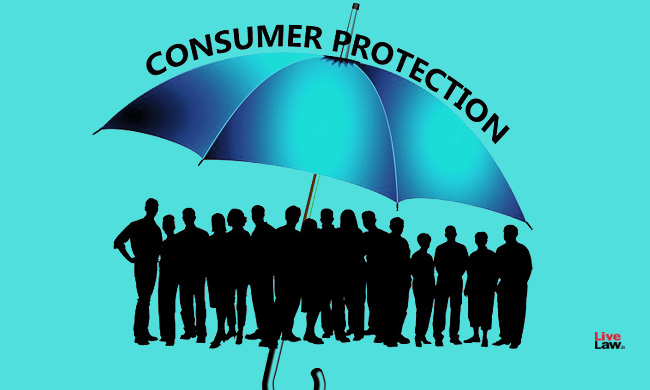
Safeguarding Your Rights: Navigating Consumer Protection Laws
Consumer protection laws form the backbone of a fair marketplace, ensuring that consumers are treated ethically and safeguarding their rights in transactions. In a world where commercial interactions are diverse and complex, understanding and navigating these laws are crucial for both consumers and businesses.
The Purpose of Consumer Protection Laws
Consumer protection laws are designed to address the power imbalance between consumers and businesses. They aim to prevent fraudulent and deceptive practices, ensuring that consumers make informed choices and are treated fairly in the marketplace. These laws cover a wide range of transactions, from purchasing goods and services to financial transactions.
Transparency in Advertising and Marketing
One key aspect of consumer protection laws is promoting transparency in advertising and marketing. Businesses are obligated to provide accurate information about their products or services, preventing misleading claims or false advertising. This transparency empowers consumers to make informed decisions based on truthful representations.
Fair Pricing and Anti-Competitive Practices
Consumer protection laws also focus on fair pricing and preventing anti-competitive practices. Price gouging, collusion, and monopolistic behaviors are prohibited to maintain a competitive market where consumers have choices and prices are determined fairly. These laws aim to prevent businesses from taking advantage of their market dominance.
Product Safety and Liability
Ensuring the safety of products is a paramount concern in consumer protection laws. Manufacturers and sellers are held accountable for producing and selling safe products. If a product poses risks to consumers, liability laws come into play, providing legal recourse for individuals harmed by defective or unsafe products.
Privacy Protection and Data Security
In the digital age, consumer protection extends to privacy and data security. Laws mandate that businesses handle consumer data responsibly, obtaining consent for data collection and taking measures to secure sensitive information. Privacy breaches and data mishandling are subject to legal consequences.
Consumer Contracts and Unfair Terms
Consumer protection laws scrutinize the terms of contracts between consumers and businesses. Unfair contract terms, hidden fees, and overly complex agreements are regulated to ensure clarity and fairness. Consumers should be able to understand the terms they are agreeing to without falling victim to hidden clauses or unfair practices.
Recourse for Misrepresentation and Fraud
When consumers are victims of misrepresentation or fraud, consumer protection laws provide avenues for recourse. Whether it’s false advertising, deceptive marketing, or intentional fraud, consumers have the right to seek compensation for financial losses or damages resulting from these practices.
Online Consumer Protection Challenges
As commerce increasingly moves online, new challenges emerge in enforcing consumer protection laws. Addressing issues such as online scams, fake reviews, and the protection of personal information in e-commerce transactions requires continuous adaptation of consumer protection regulations to the evolving digital landscape.
Global Perspectives and Cross-Border Transactions
Consumer protection laws are not confined to national borders. With the rise of cross-border transactions, international collaboration is crucial. Aligning consumer protection standards globally ensures that consumers are protected regardless of where the transaction takes place and fosters a global marketplace based on fairness and trust.
Empowering Consumers through Awareness
Ultimately, consumer protection laws are most effective when consumers are aware of their rights. Education and awareness campaigns play a vital role in empowering consumers to recognize and challenge unfair practices. By staying informed, consumers contribute to the effectiveness of these laws in maintaining a fair and ethical marketplace.
Consumer Protection Laws: A Link to Fair Commerce
In conclusion, consumer protection laws serve as a link to fair and ethical commerce. For the latest insights and updates on Consumer protection laws, explore resources that delve into the intricacies of these regulations. Navigating consumer protection laws ensures that consumers can confidently participate in the marketplace, secure in the knowledge that their rights are protected.
